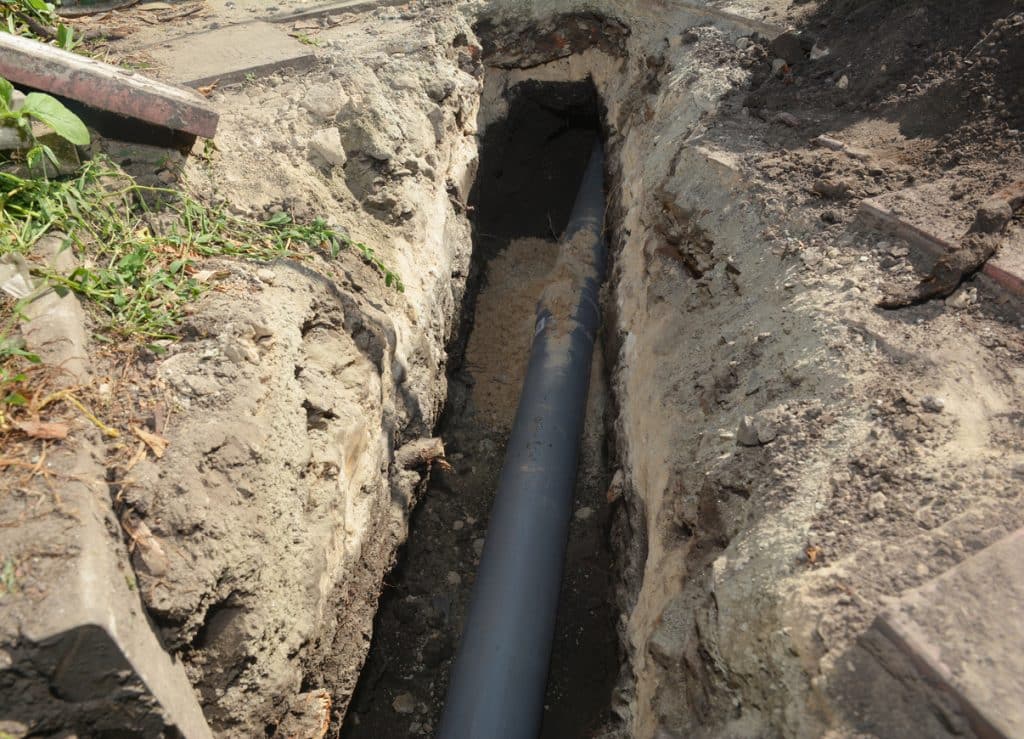Did you know that costly septic system repairs can often be avoided with just a little bit of preventive care? Many homeowners let problems go on until they blow up into major problems, but no one likes to spend unnecessary money. By following the tips we give you below, you can enjoy a long-lasting septic system that doesn’t bust your budget.
Watch What You Dispose Of
Septic tanks aren’t landfills. You can’t put anything in them and expect them to keep working properly. The inside of a septic tank is alive. It’s teeming with bacteria that thrive in the dark, scum-filled environment. These bacteria break down the solid matter that enters the septic tank so that it can be properly disposed of.
The environment in the septic tank is by design and must be maintained to keep the bacteria alive. At the bottom is sludge, the byproduct of the breaking down of solid matter. On top of that is liquid, and the next level is scum, made from grease and oils that float to the top. Some things you put down your drains can upset this balance. These include:
- Diapers, wipes, sanitary products, or paper towels, even if they’re labeled as “flushable”
- Things that aren’t biodegradable such as condoms and dental floss
- Bleach and detergents with surfactants
- Solids you should put in the garbage disposal instead
- Anything with caustic soda or lye, such as drain cleaners
- Oils, paints, or solvents
- Pesticides or any other strong chemicals
Take Care of Your Drain Field
The drain field is the next step after waste leaves your septic tank. A drain field that doesn’t function properly can cause your septic tank to back up and overflow. This would lead to several other unpleasant problems like a smelly yard or backup in your home. Therefore, if you want to maintain your septic tank, you must also maintain the drain field.
While the drain field is underground, it’s not that far underground. You shouldn’t park vehicles on your drain field. Avoid putting plants and trees near your drain field because roots can poke holes in the pipes. You’ll also want to avoid putting things down your drain or flushing things down your toilet that can cause blockages in the drain field (See the list in the previous section).
You’ll also need to replace your drain field when it gets old. The average drain field lasts for 50 years. Getting the drain field replaced after that can keep you from needing to replace the septic tank also. Your wallet will thank you.
Get Regular Inspections
The best way to take care of your septic system is to have regular inspections by a professional plumber. Don’t let more than two years pass without an inspection — having one every year would be ideal. Our professional plumbers can spot minor problems before they become complicated and expensive to fix.
Drain Surgeon provides top-quality, professional plumbing services in and around Augusta, GA. If you need an inspection of your septic system, call us today at (706) 303-0987.





